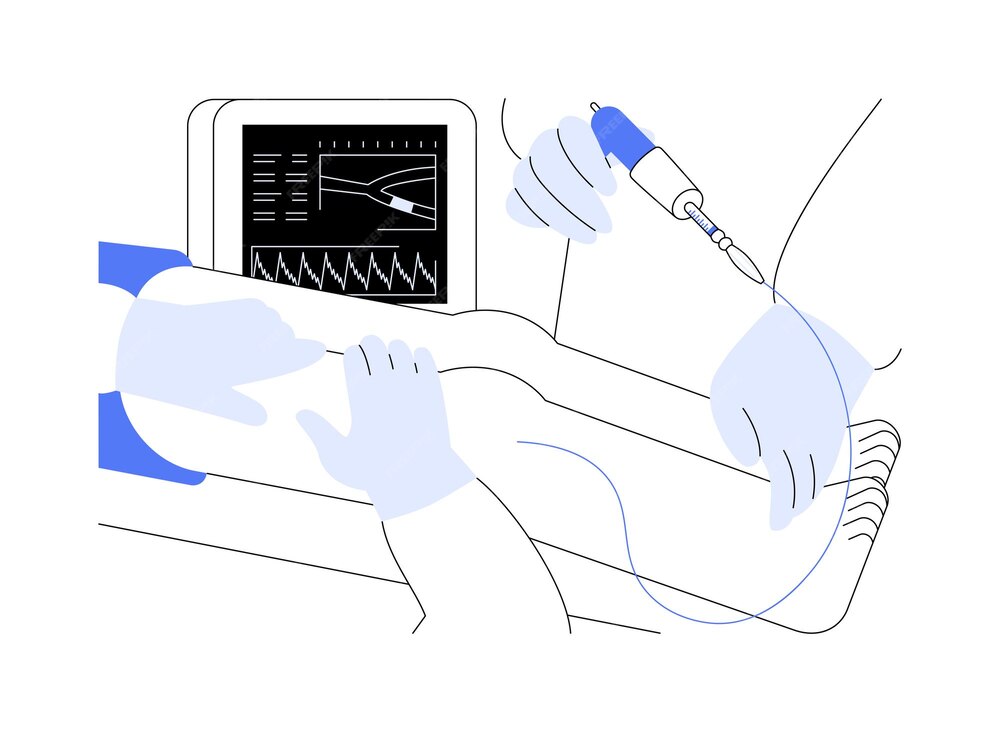Kshara Karma and Chedana for Anorectal Polyps

Kshara Karma and Chedana for Anorectal Polyps: An Ayurvedic Approach at Yogakshema Ayurveda Hospital
Fibroepithelial polyps are benign growths that can develop in the anal canal. At Yogakshema Ayurveda Hospital, we provide a comprehensive treatment plan for these polyps, blending traditional Ayurvedic methods with modern surgical techniques to ensure the best possible outcomes and patient safety.
Ayurvedic Treatment Approaches:
Kshara Karma:
Kshara Karma is a specialized Ayurvedic surgical procedure that involves applying medicated alkaline substances, known as ksharas, to the affected area. For fibroepithelial polyps, ksharas are applied to the base of the polyp, gradually restricting the blood supply, causing it to shrink and eventually fall off.
- Ksharas: These are alkaline substances derived from plants or minerals. Their potency (pH level) depends on the composition and preparation method, which is tailored for each case.
Excision (Chedana):
In some instances, surgical excision of the polyp may be necessary. At Yogakshema Ayurveda Hospital, excision is often combined with Kshara Karma. After removing the polyp, the base is treated with the appropriate kshara to prevent recurrence and support healing.
Advantages of Kshara Karma in Polyp Treatment:
- Minimally Invasive: Kshara Karma is less invasive compared to traditional excision surgery.
- Reduced Pain: The procedure typically results in less post-operative pain and discomfort.
- Faster Healing: Patients often experience quicker recovery and healing.
- Minimal Blood Loss: The procedure involves very little blood loss.
- Lower Risk of Complications: Compared to traditional surgery, Kshara Karma carries a lower risk of bleeding, infection, or scarring.
- Promotes Tissue Regeneration: Kshara Karma aids in natural tissue regeneration and reduces the likelihood of recurrence.
Pre-Procedure Considerations:
- Comprehensive Consultation: A thorough consultation with Dr. Shyam Prasad P.S., a senior general surgeon, is essential to assess the appropriateness of Kshara Karma or excision for the patient’s condition and to discuss potential risks and benefits.
- Diagnostic Evaluation: A full physical examination, including proctoscopy, will be performed to confirm the diagnosis and assess the size and location of the polyps.
- Pre-operative Preparation: Instructions for pre-operative care, including dietary adjustments and bowel preparation, will be provided.
The Procedure:
- Anesthesia: The procedure is generally performed under local anesthesia, which may include a SEPTA block to enhance comfort.
- Excision (if necessary): If excision is required, the polyp is carefully removed using appropriate surgical tools.
- Application of Kshara: The base of the polyp or the excision site is treated with the selected kshara to promote healing and prevent recurrence.
- Monitoring: The patient is closely monitored throughout the procedure for safety.
Post-Procedure Care:
Wound Care: Detailed instructions will be given on how to care for the wound to promote healing and reduce the risk of infection.
Pain Management: Pain medications may be prescribed to manage any post-operative discomfort.
Dietary and Lifestyle Guidance:
- South Indian/Karnataka Diet: A diet focused on easy-to-digest foods such as rice, lentils, vegetables, and fruits is recommended.
- Avoidance of: Spicy foods, fried foods, alcohol, and excessive caffeine should be avoided.
- Increased Fiber Intake: Fiber-rich foods like fruits, vegetables, and whole grains should be included to help soften stools.
- Regular Exercise: Gentle activities like walking are encouraged to improve blood circulation and aid in recovery.
- Stress Management: Relaxation techniques, including deep breathing and meditation, can help reduce stress and promote healing.
Bowel Regimen: Measures to maintain soft stools and prevent constipation are crucial for recovery.
- Sitz Baths: Sitting in a shallow tub of warm water (98-100°F) for 15-20 minutes, 2-3 times a day, is highly recommended to soothe the area, reduce inflammation, and promote healing.
Follow-up Consultations: Regular follow-up visits with Dr. Shyam Prasad P.S. or another qualified Ayurvedic physician are important to monitor recovery and address any concerns.
Contraindications:
- Pregnancy: This procedure may not be appropriate during pregnancy.
- Bleeding Disorders: Individuals with bleeding disorders should avoid this procedure.
- Inflammatory Bowel Disease: Patients with inflammatory bowel disease may not be suitable candidates.
At Yogakshema Ayurveda Hospital, we offer a comprehensive, personalized approach to treating fibroepithelial polyps. Combining Ayurvedic principles with modern techniques, we ensure optimal outcomes and prioritize patient safety. Led by Dr. Shyam Prasad P.S., our team tailors each treatment plan to meet the individual needs of our patients, ensuring effective and safe treatment for anorectal polyps.
